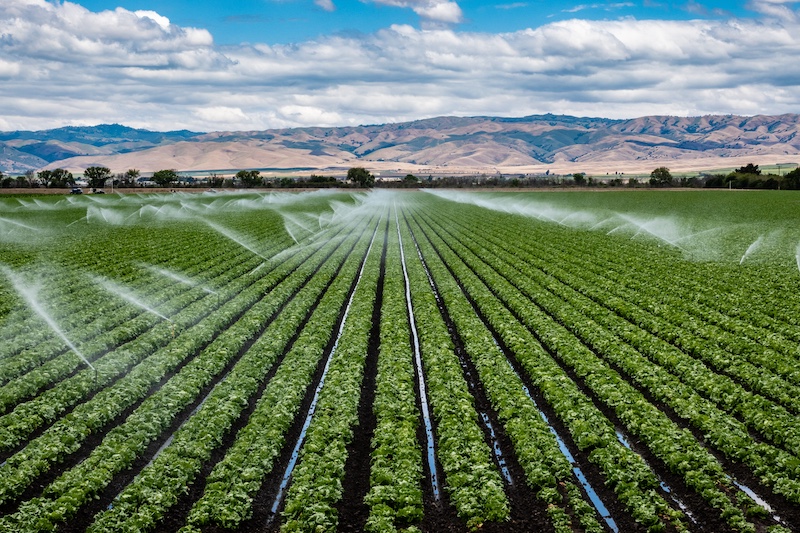As one of the nation’s agricultural powerhouses, California’s farming industry stands at a critical juncture. Climate change, labor availability and migration, and rapidly evolving technologies are reshaping the landscape of agriculture in the Golden State. This panel will bring together experts to analyze these changes and explore their implications for agricultural communities and rural economies.
The panel will feature Federico Castillo, Lecturer in the Department of Ethnic Studies at UC Berkeley and Project Scientist at the College of Natural Resources; Julie Guthman, Distinguished Professor Emerita at UC Santa Cruz; Eric Edwards, Assistant Professor in Agricultural and Resource Economics at UC Davis. Timothy Bowles, Associate Professor in the Department of Environmental Science, Policy, and Management, will moderate.
Co-sponsored by the Center for Science, Technology, Medicine, & Society (CSTMS); the Berkeley Food Institute; the Berkeley Interdisciplinary Migration Initiative (BIMI); and the Institute for Research on Labor and Employment (IRLE).
Panelists
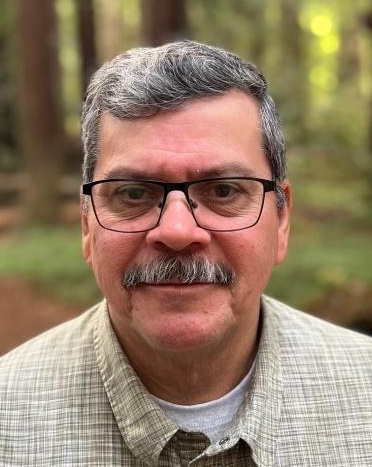 Federico Castillo is a lecturer in the Department of Ethnic Studies at UC Berkeley and a project scientist at the College of Natural Resources in the Department of Environmental Science, Policy and Management. He is an environmental and agricultural economist with graduate and undergraduate degrees from UC Berkeley. His research interests center on the socio-economic impacts of climate change, particularly as it relates to the agricultural sector. Dr. Castillo currently serves as Deputy Director for the University of California Planetary Health Center of Expertise and is co-lead of the Latinx and the Environment Program at UC Berkeley.
Federico Castillo is a lecturer in the Department of Ethnic Studies at UC Berkeley and a project scientist at the College of Natural Resources in the Department of Environmental Science, Policy and Management. He is an environmental and agricultural economist with graduate and undergraduate degrees from UC Berkeley. His research interests center on the socio-economic impacts of climate change, particularly as it relates to the agricultural sector. Dr. Castillo currently serves as Deputy Director for the University of California Planetary Health Center of Expertise and is co-lead of the Latinx and the Environment Program at UC Berkeley.
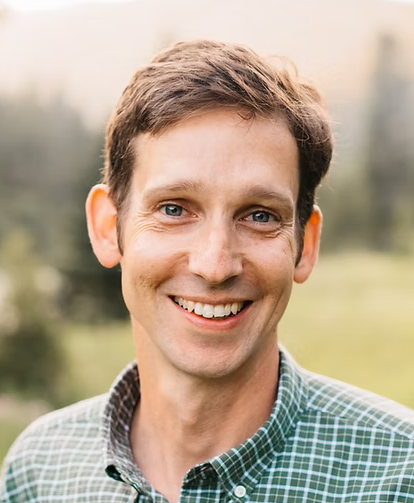 Eric Edwards: Assistant Professor in Agricultural and Resource Economics at the University of California, Davis. He holds a Ph.D. in Economics and Environmental Science from UC Santa Barbara and an MBA from the Simon Graduate School of Business at the University of Rochester. Recent publications include “The Capitalization of Property Rights to Groundwater,” in the American Journal of Agricultural Economics; “Creating American Farmland: Institutional Evolution and the Development of Agricultural Drainage,” in the Journal of Economic History; and “Water, Dust, and Environmental Justice: The Case of Agricultural Water Diversions,” in the American Journal of Agricultural Economics.
Eric Edwards: Assistant Professor in Agricultural and Resource Economics at the University of California, Davis. He holds a Ph.D. in Economics and Environmental Science from UC Santa Barbara and an MBA from the Simon Graduate School of Business at the University of Rochester. Recent publications include “The Capitalization of Property Rights to Groundwater,” in the American Journal of Agricultural Economics; “Creating American Farmland: Institutional Evolution and the Development of Agricultural Drainage,” in the Journal of Economic History; and “Water, Dust, and Environmental Justice: The Case of Agricultural Water Diversions,” in the American Journal of Agricultural Economics.
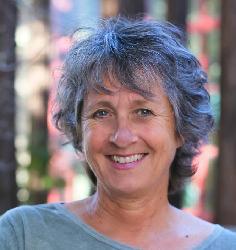 Julie Guthman is Distinguished Professor Emerita at UC Santa Cruz and Principal Investigator in the UC Agri-food Technology Research (AFTeR) Project. Guthman’s research interests include California agriculture, alternative food movements, food and agricultural technology, international political economy of food and agriculture, environmental health, political ecology, race and food, nutritional health, and critical human geography. Past publications include The Problem with Solutions: Why Silicon Valley Can’t Hack the Future of Food; Agrarian Dreams: The Paradox of Organic Farming in California; and Weighing In: Obesity, Food Justice, and the Limits of Capitalism. Guthman received a PhD in geography from the University of California, Berkeley. She was the recipient of a 2023 Distinguished Career Award from the American Association of Geographers, the 2022 Martin M. Chemers Award for Outstanding Research in the Division of Social Sciences at UC Santa Cruz, and the 2020 American Association of Geographers Meridian Book Award.
Julie Guthman is Distinguished Professor Emerita at UC Santa Cruz and Principal Investigator in the UC Agri-food Technology Research (AFTeR) Project. Guthman’s research interests include California agriculture, alternative food movements, food and agricultural technology, international political economy of food and agriculture, environmental health, political ecology, race and food, nutritional health, and critical human geography. Past publications include The Problem with Solutions: Why Silicon Valley Can’t Hack the Future of Food; Agrarian Dreams: The Paradox of Organic Farming in California; and Weighing In: Obesity, Food Justice, and the Limits of Capitalism. Guthman received a PhD in geography from the University of California, Berkeley. She was the recipient of a 2023 Distinguished Career Award from the American Association of Geographers, the 2022 Martin M. Chemers Award for Outstanding Research in the Division of Social Sciences at UC Santa Cruz, and the 2020 American Association of Geographers Meridian Book Award.
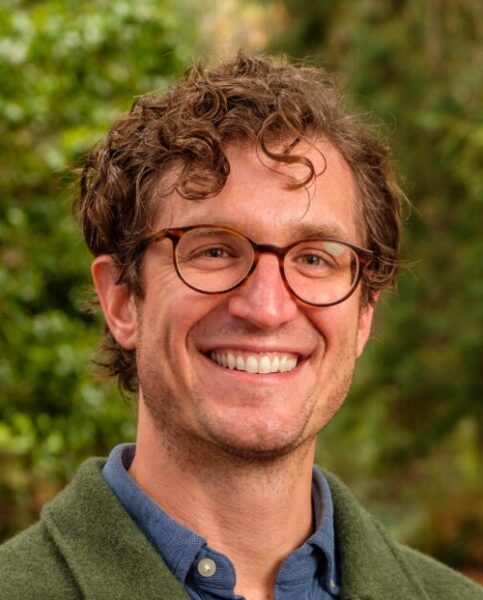 Timothy Bowles (moderator) is Associate Professor in the Department of Environmental Science, Policy, and Management and a member of the Berkeley Agroecology Lab. Bowles’ research focuses on supporting transformation of our agricultural system from one reliant on intensive, synthetic inputs to one based on ecological processes. He is interested in how diversified, biologically-based farms affect soil health, resource-use-efficiency, and resilience to environmental change, especially drought. This research lies at the intersection of agroecology, soil ecology, and biogeochemistry with a focus on plant-soil-microbe interactions. He uses several approaches, including on-farm research across agricultural landscapes, historical data synthesis from long-term trials, and field and greenhouse experiments. He has a PhD in Ecology from the University of California, Davis and a B.A. in Molecular and Cellular Biology from Vanderbilt University.
Timothy Bowles (moderator) is Associate Professor in the Department of Environmental Science, Policy, and Management and a member of the Berkeley Agroecology Lab. Bowles’ research focuses on supporting transformation of our agricultural system from one reliant on intensive, synthetic inputs to one based on ecological processes. He is interested in how diversified, biologically-based farms affect soil health, resource-use-efficiency, and resilience to environmental change, especially drought. This research lies at the intersection of agroecology, soil ecology, and biogeochemistry with a focus on plant-soil-microbe interactions. He uses several approaches, including on-farm research across agricultural landscapes, historical data synthesis from long-term trials, and field and greenhouse experiments. He has a PhD in Ecology from the University of California, Davis and a B.A. in Molecular and Cellular Biology from Vanderbilt University.
